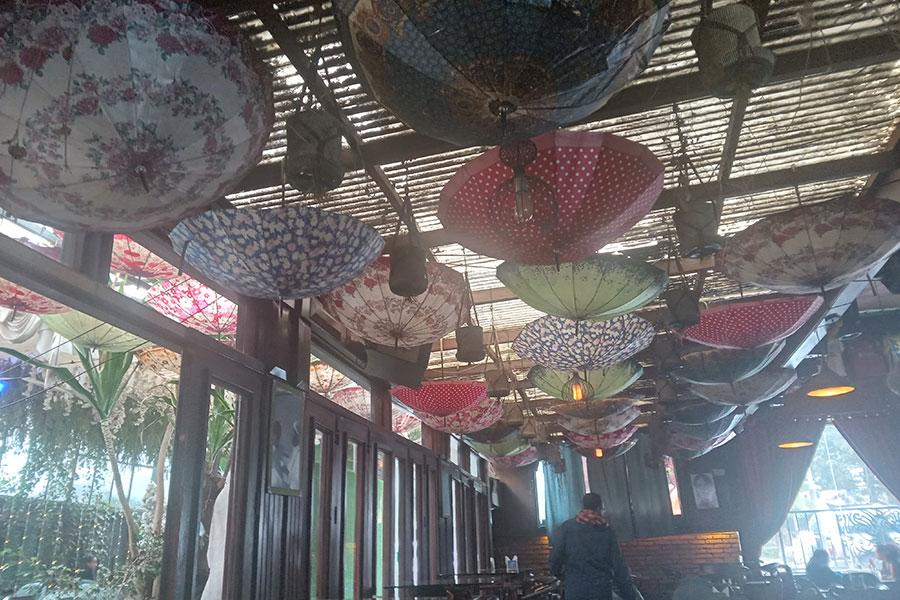
A restaurant in Bole creatively adorned its ceilings with inverted umbrellas, a playful nod to the rainy season. The country experiences two primary rainy periods: Kiremt, the main season accounting for up to 80pc of annual rainfall, and Belg, a shorter period. Although Kiremt spans from June to September, its patterns fluctuate yearly due to climate change and natural weather cycles. While crucial for agriculture, which sustains the majority of the population, the heavy rains can also trigger devastating consequences like flooding and landslides. The recent catastrophic landslide in Gofa Zone, Southern Ethiopia Regional State which struck on July 24, 2024, was the result of intense rain showers in the Gezi Gofa wereda, claiming nearly 257 lives, according to aid agencies.
[ssba-buttons]